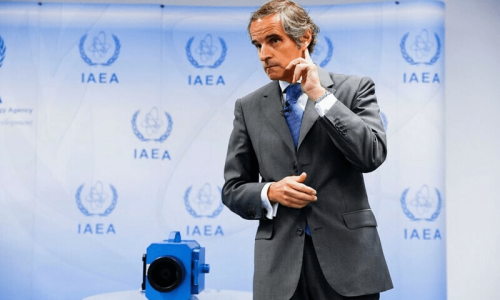 It was interesting to see the word “greed” appearing in the newspapers in the context of the recent financial crises.
It was interesting to see the word “greed” appearing in the newspapers in the context of the recent financial crises.
But was the greed the only thing behind this mess? No, there are some other interesting aspects of human psychology responsible for such crises.
An interrelated problem responsible for such a death spiral of financial institutions was adverse selection problem. When we get our assets insured, we are more keen in taking “risk” This is another integral aspect of business which people try to forget. The same appetite of risk taking was provided by insurances like the Credit Default Swaps, where people were almost betting on the default of debts.
Unfortunately, we live in a world where solutions are chasing problems, not otherwise. Another social phenomenon where people respond to self-interests and the organisations loose out the bigger picture. Be it a banker or a shop keeper, we contest on self- interests and rarely the interests of buyer and seller align in the same direction. The buyer wants to save money whereas the seller wants more profits, so there is an inherent conflict. By the end of the day someone will loose out. Unfortunately win-win situations rarely exist.
The current increase in the non-performing loans in Pakistani banking system is such an effect caused by poor credit card sales men running after credit card applications as they had to meet the sales targets one way or the other. Right or wrong, that’s how they earned their living. The result--- loss of credit to where it belongs and bad loans of banks.
Today the information spreads like anything, be it a rumour or a fact. Unfortunately, people act before knowing the authenticity of information, sometimes they are too risk averse to even take a chance. The recent liquidity problem of banks was due to a rumor spread that government may be freezing the bank accounts and lockers. People without verifying started reaching the banks and no bank in the world has the capability to honour all the depositors at once. So there was a liquidity crunch. And the central bank had to respond by lowering the CRR. All that was result of rumors coupled with lack of “trust” of people in the banking system as the trust has been shattered as a result of freezing of the foreign currency accounts in 1990s.
“Trust” is the missing link which President Bush keeps on asking from his fellow countrymen. But what about the ‘trust’ of financial community which has always considered the US financial system to be flawless? It is interesting to see that as the US government asks its people to trust him, no effort has been made to fix the responsibility that who really wasted money of others.? So, it is not a question of trust for US financial system but a time to establish its “credibility”. It may be a case for super regulatory agency like the International Court of Justice which has the mandate to fix errors like this. It is also ironic to see the Pakistani bonds being downgraded to junk status by the credit rating agencies who could not see the US financial system falling.
All financial contracts are merely “promises”. Whenever you invest in the shares of a company, it promises you returns in the form of dividends. When a number of people start expecting a company to deliver, the share price of a company moves above its intrinsic value. As this happen, people start speculating and share price rises due to a herd mentality among investors. This hardly makes sense to people who buy on fundamentals and eventually the share price turns out to be more of a supply and demand thing. It is extremely difficult for the regulators to stop people from investing in a company if the share price is going up but as the share price plummets, people ask for an immediate intervention by the regulator. The challenge for the regulator is to identify the systemic errors which may surface only when a disaster is about to happen.
The herd mentality is likely to cause speculation when people blindly follow each other. One such example is the investment in land and property. Certainly the hype in property prices was a result of foreign money flowing into the country. In property, the average investor is not that sophisticated to calculate the value of property based on the future cash flows. Most of the people invest if they believe that property prices are likely to go up in the near future. So a lot of people just follow the market. A sale of similar property provides a benchmark for the future sale.
The “sheep effect” is also more pronounced for investment in assets when either the return or risk cannot be accurately ascertained. So was the case in the derivatives market and for oil prices when they were driven from $70 to $140 a barrel without any major supply and demand issue during that time. We have still not been able to find out why the oil prices fluctuates so much if there is still a supply and demand equilibrium and the fundamentals are strong. So there was speculation by hedge funds in international markets which urged people to invest ignoring the risks and this created the bubble first in IT then in real estate and now in oil.
People make or lose money in business while taking risks. But if a business loses its credibility, it never gets it back. What people demand of countries is protection, justice, rights and dignity. Sometimes we are fooled by words but what persists around us are meaningful words like trust, justice, greed, self- interest and above all, credibility.
The writer works for a regulatory organisation in Islamabad. His views are personal.












































Dear visitor, the comments section is undergoing an overhaul and will return soon.